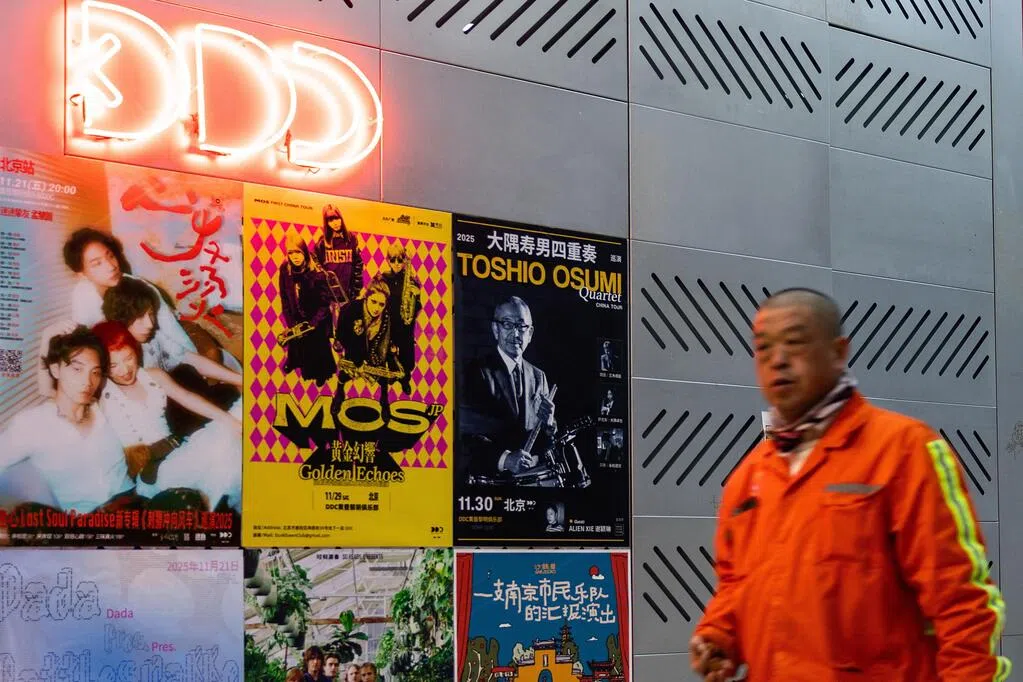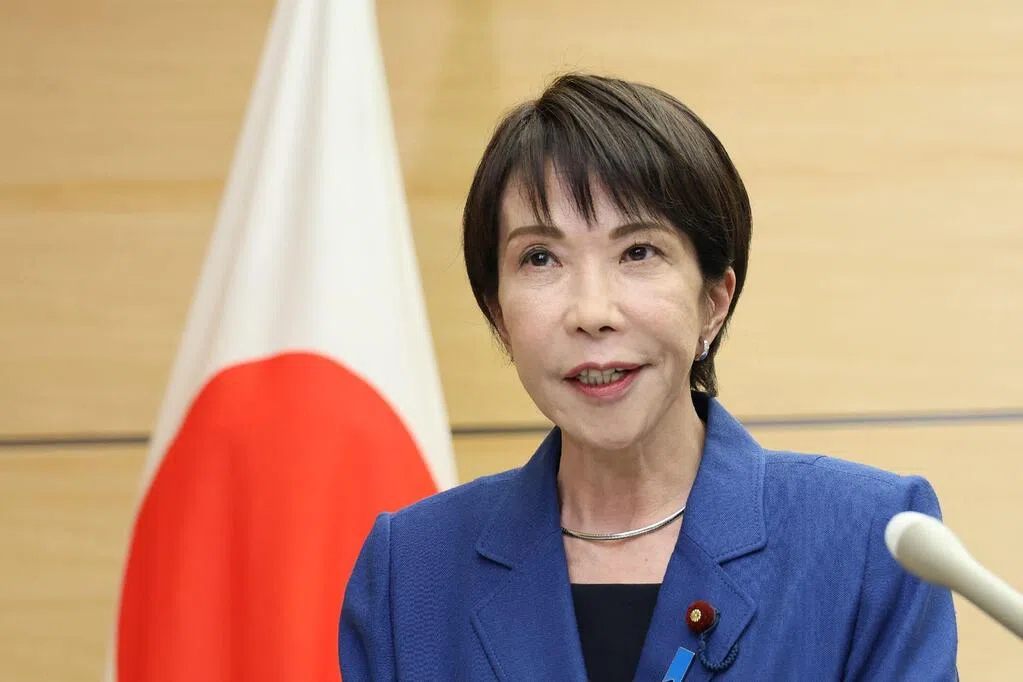Japanese Prime Minister Sanae Takaichi's remarks on Taiwan continue to escalate, and the tensions between China and Japan are spilling over into all areas, including politics, economics, and culture, putting new pressure on the South Korean government's diplomatic strategy of focusing on South Korea-US-Japan cooperation while simultaneously improving relations with China.
Commentary suggests that the Sino-Japanese friction may bring "reflective benefits" to South Korea in areas such as tourism, but there are also concerns that South Korea may face the risk of "getting burned" in the context of great power competition.
Chinese media outlet The Paper reported last Thursday (November 20th) citing data from the travel platform DAST, that as of November 18th, the load factor for flights to Japan had decreased by 12.3% compared to the previous week, passenger numbers had decreased by 10.8%, and the ticket cancellation rate had risen to 13.4%, indicating a significant cooling in Chinese demand for travel to Japan. Against this backdrop, South Korea has become a major alternative destination for Chinese tourists.
Statistics from the Chinese travel platform Qunar show that during the third weekend of November (November 15th-16th), South Korea replaced Japan as the most preferred outbound travel destination for Chinese tourists, with Seoul ranking first in searches, followed by Thailand, Hong Kong, Malaysia, and Singapore. Industry experts predict that with the disruption of mutual visits between China and Japan, Chinese tourists may accelerate their shift to South Korea, driving short-term tourism growth.
China and Japan Send "Wanting Signals" to South Korea
As tensions escalate, both China and Japan have sent "wanting signals" to South Korea. On the 17th, Chinese Foreign Ministry spokesperson Mao Ning made a rare strong statement on the long-standing Dokdo (Takeshima in Japanese) dispute between South Korea and Japan, criticizing Japan's recent egregious words and actions that have provoked vigilance and dissatisfaction from neighboring countries, and urging Japan to deeply reflect on its history of aggression. This statement is widely seen as a friendly gesture towards South Korea, creating the impression that South Korea and China have reached a consensus on issues related to Japan.
Further Reading


Conversely, Japan has consistently emphasized the importance of ROK-US-Japan cooperation within the framework of the US-Japan alliance, especially after the US extended the strategic function of its troops stationed in South Korea to a "Taiwan contingency" scenario. Japan now hopes South Korea will play a more explicit role in regional security.
A commentary published in South Korea's *Dong-A Ilbo* on the 21st, titled "China-Japan Conflict: South Korea Caught in the 'Whale Rivalry'," pointed out that the Lee Jae-myung administration emphasized "pragmatic diplomacy" and worked to repair relations with neighboring countries after taking office. Through the Gyeongju summit, ROK-China relations significantly improved from their low point during the Yoon Seok-youl administration. ROK-Japan relations also stabilized through the resumption of shuttle diplomacy.
However, the leaders of China and Japan, who initially displayed a cooperative stance at the APEC meeting held in South Korea last month, quickly devolved into fierce confrontation afterward, escalating tensions around the Korean Peninsula again.
The commentary analyzed that the Lee Jae-myung administration originally attempted to build a balanced diplomatic structure that balanced security and economic interests, using "consolidating the traditional ROK-US security alliance, deepening trade and economic relations with China, easing ROK-Japan tensions, and strengthening economic security" as its fulcrum. However, with the rapid escalation of the Sino-Japanese conflict, this delicate balance is facing severe challenges, and South Korea's diplomatic space in the great power game is increasingly shrinking.
Experts: South Korea Must Maintain Principled Neutrality
Experts warn that the Taiwan issue is also a sensitive and thorny issue for South Korea. Being forced to choose sides could trigger unbearable diplomatic consequences.
Yang Gap-ryong of the National Security Strategy Research Institute stated that South Korea needs to maintain a low-key strategy to avoid the risk of backlash for attempting to exploit contradictions.
Kim Heung-kyu of Asia University also emphasized that South Korea should not be drawn into the great power game. The structures of South Korea-Japan and South Korea-China are different, requiring even greater caution.
Hwang Jae-ho, a professor at Hankuk University of Foreign Studies, pointed out that the trilateral relationship between South Korea, China, and Japan has never been simultaneously good. South Korea should maintain strategic restraint at this moment.
Experts generally believe that South Korea must maintain principled neutrality, managing South Korea-Japan and South Korea-China relations separately with national interests at the center; while maintaining South Korea-US-Japan cooperation, it should avoid unnecessary provocations against China, thereby steadily advancing practical diplomacy.



